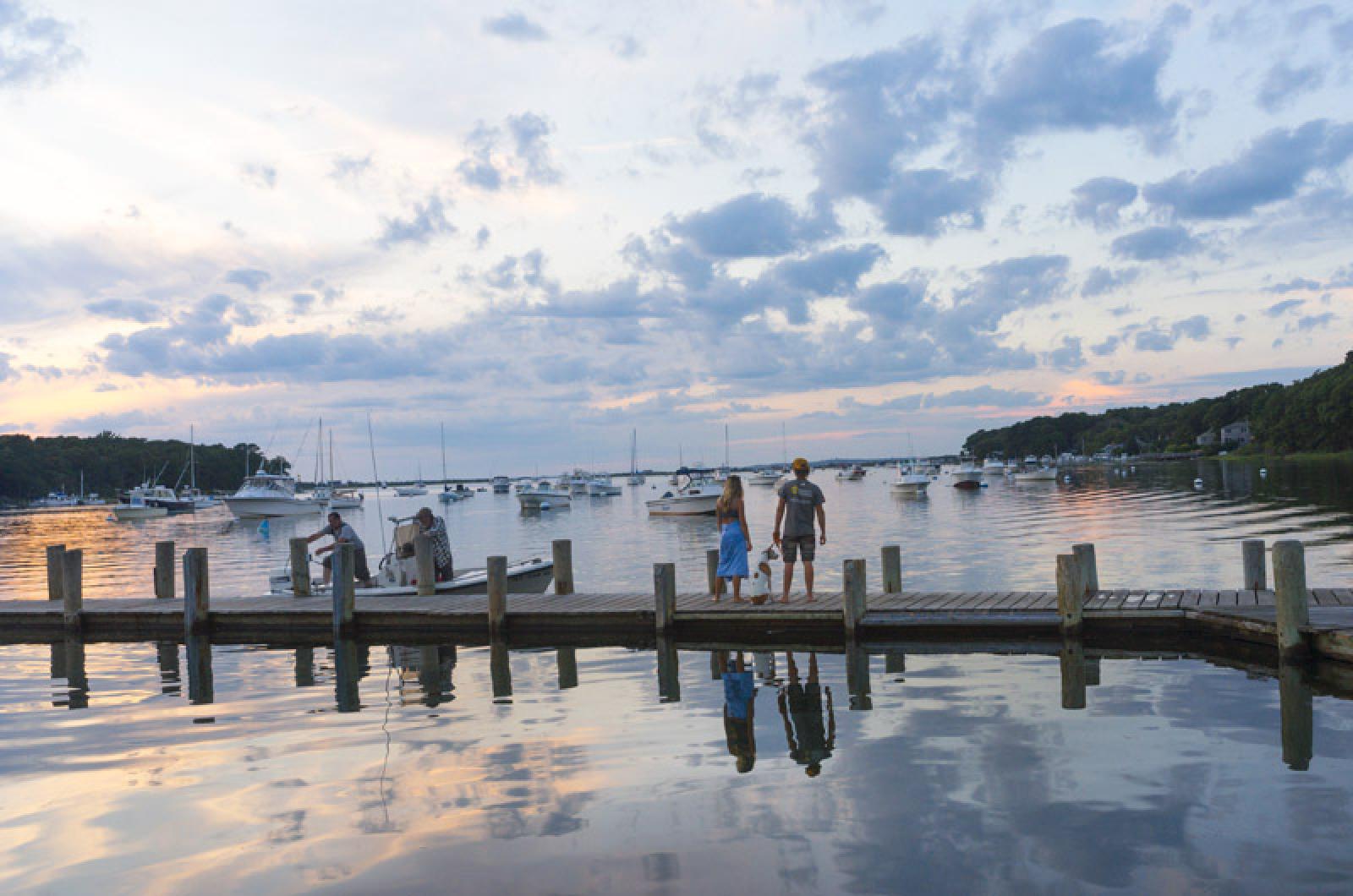Kids have multiple ways to become opaque beyond a parent’s comfort zone with texty tablets and other rabbit holes, while the wealthy climate-hop from spruce to palm. America has a dazzling name, but do we still deserve the hullabaloo? Like a yo-yo or a satellite phone call, our attention bounces up and down between virtual and quotidian realities, mattressed possibly by pharmaceuticals or pseudonymous blogs.
It should be easier to speak to multitudes but actually it isn’t. Babel was quieter, and we go a lot for bling.
Beleaguered ecologists, economists, political strategists join the puzzled theologians weighing the prospect of nine billion humans struggling where two billion lived when I was born. Will elites rejigger their privileges, though commonsensical morality wasn’t fashioned to confront anthill congestion? A raft of habits, models, aspirations will be under siege. The Bible’s notion that Earth was honed for our stewardship has been our go-free card for ages no matter how we damaged it, and now we’ve invented electronics as an alternative home for work and entertainment, avoiding the out-of-doors. Children’s jungle gyms may be as jungly as it gets.
At handshake distance we can smell other people’s pheromones, feel their individual grip, and size up a smile or gaze as smarmy or true. But we’re at a pivot point now where judgements won’t hinge on the hunches of proximity. We are like primates who have installed mirrors in their living quarters and can look at nothing else. After our primacy is past and the mountains shed their ski resorts like scabbing, the beaches their McMansions, the rivers their sclerotic damming, the reversion to bird cries, thunderclaps, surf thumps and landslides will seem to our survivors a birthright, as wildfires and avalanches occasionally produce oodles of food.
Mountains give us pause even now when we stand underneath them and rivers, if alongside. They can’t be stopped, in other words, and a rapport with them and the freewheeling flocks is flooring for emotional health. We can’t migrate out to mate with the eels in the Sargasso Sea or south to a vine-hung, orchid-stippled Belizean tree above a jaguar trail with a swirl of northern warblers. So we must stay in our evolutionary pew.
I’ve seen white rhinos on the Brahmaputra River, and known Vermont when you could still bushwhack with your dog for 50 miles and not encounter a road. “Moony” is a word for sentimental inattention, but we who stare at niblets on the moon also probably talk with body language, grins and grimaces, and our hands. Do we see less, say less than with iPads. And will people weighed down by electronics, exhausting their oxygen online by and by, get the bends from trying to surface too quickly for air again, reverting to face-to-face relationships for just a while?
First hand memories are like calories. We live on them, till eventually we grow a “spare tire” of “love handles” around the midriff to ballast or buffer us against old age — edited, of course, to sideslip recollections like the weeping daughter, teen-aged, wetting her bed in distress the night the divorce crashed down, and responsibilities shirked, cowardices perpetrated by default. Loneliness is such a bugaboo, many of us cobble together a bunch of sites to visit, folk to chat with. Even anthropologically, solitude feels funny after half a day. Lone wolves, caribou, chimpanzees don’t fare well. But who will help you if you sprain an ankle? All of us sink into loneliness on occasion, populating a hotel room with guys from decades ago, hanging about co-workers cubicles when they want to go home, or gabbing to a dog. Some dress up when depressed, some dress down, or confess their feelings as self-medication, versus blending into the woodwork. We remember a mentor who praised us, or some victory, when forlorn.
An Amtrak train, however, can incubate the seeds of empathy for those clicketting along for 10 or a dozen hours, listening to the heart’s laments or unguarded tranquility of fellow passengers, whether seatmates or in the club or bubble car. Assuming they’ll never see you again, they unbutton the vest of propriety, speak of a toddler tragically lost to traffic, an older kid in the klink, a pile of money “left on the table,” or a lucrative corporation formed by partners behind their backs, freezing them out.
Overnight on a trip from Chicago to Oakland, L.A., and New Orleans, you may form intimate friendships over supper or lunch as the continent outside unrolls its tales, great as the plains.
“Who was the love of your life?” you ask, and the stranger replies.
It’s occurred to me that if our Congressfolk and senators rocked back and forth to and from their deliberations in Washington by rail, gridlock and rancor might be reduced. California’s, Nevada’s and Utah’s delegations would pick up Nebraska’s, Iowa’s, Ohio’s and Pennsylvania’s en route, chatting, absorbing the skyscapes and myriad backyard scenarios of life in the country they govern, not just the counties they campaign in.
Schmoozing reflectively at sunset as the land scrolls by, whistle-stops halloeed at by the engineer, through the Sierras and desert, the Rockies and wheat belt, soybeans and feedlots, the Mississippi, Alleghenies, the prairie to the cities of the Rust Belt would make for a sympathetic consensus — compromise instead of filibuster.
Edward Hoagland is the author of over 20 books and hundreds of essays. He lives in Edgartown.




Comments (3)
Comments
Comment policy »